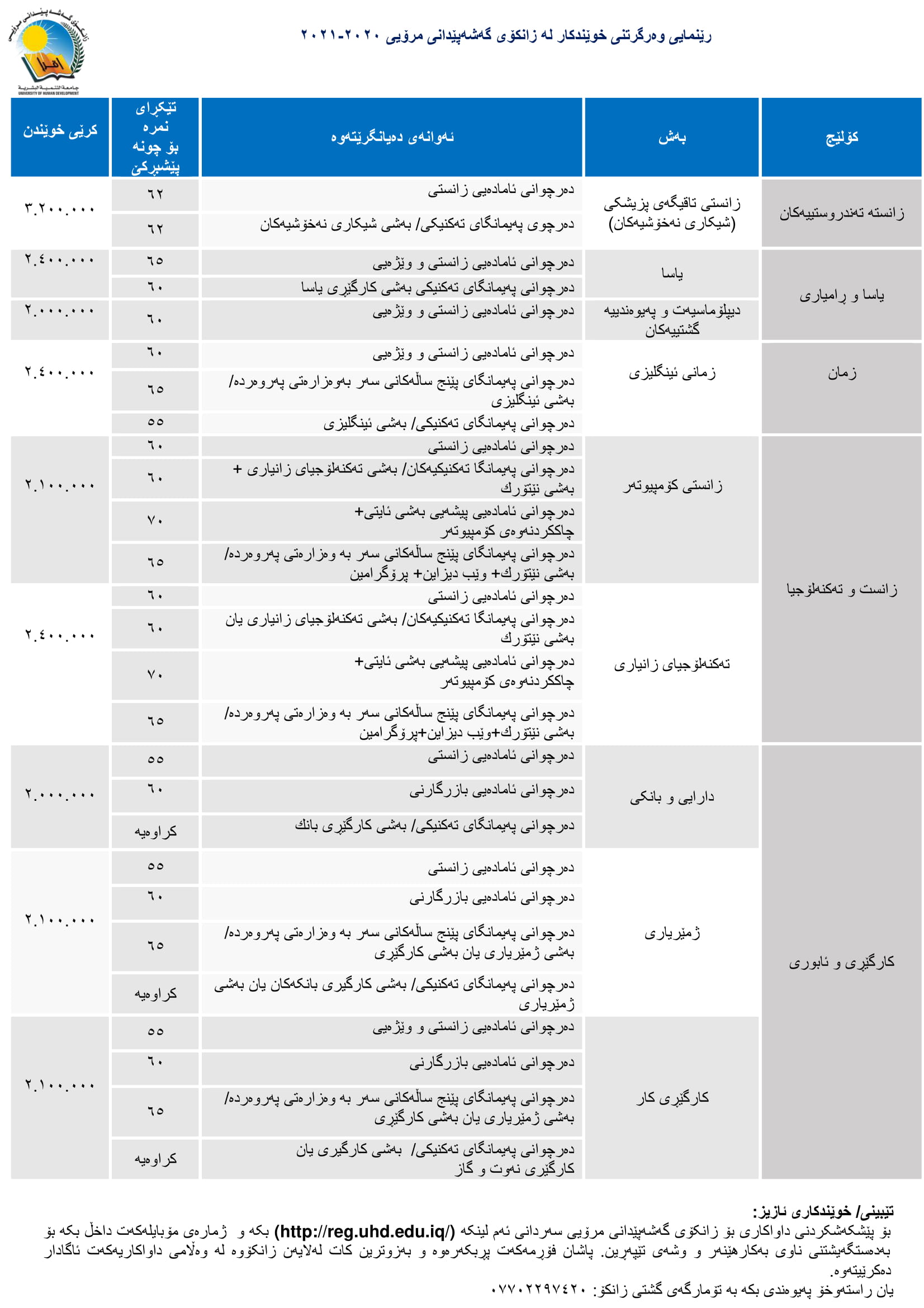Law Department convened an academic panel on human rights and freedom
Joint webinar between UHD and Harvard University on empowerment and recovery of trauma survivors
2023-12-12
University of Human
Development and Harvard University held a joint webinar on the Zoom platform on
the empowerment and recovery of trauma survivors on 20th November
2023. The guest was Dr Judith Lewis Herman from Harvard and the host was Mr Araz
Ahmed Mohammed from UHD. The purpose of the webinar was to educate the audience on traumatic
events and experiences, and to instruct and outline the stages of recovery from traumatic occurrences such as rape, natural
disaster, or an unprecedented incident that usually cause shock and denial. Dr Herman principally focused on the rules of dominion in which perpetrators
impose their will and the victim becomes submissive. What is alarming,
according to Dr Herman, is the role of bystanders who seem to be helpless,
indifferent, or complicit. Violence and threat of violence, control of bodily functions, capricious
enforcement of petty rules, intermittent rewards, isolation, degradation, and enforced
participation in atrocities were among some of the methods of dominion
explained during the webinar. Dr Herman went on to analyse the common reactions to traumatic events,
stating that the victim is either in fight or flight, freezing and numbing, or submission
position. She stated that symptoms of post-traumatic stress disorder include reliving
the trauma in recurrent, intrusive images, thoughts, flashbacks and nightmares.
Feeling constantly on alert for danger is a persistent symptom of a fight or
flight response. Difficulty falling or staying asleep, difficulty
concentrating, irritability, and exaggerated startle are features of victims
who suffer from hyperarousal. Victims who suffer from constrictive paediatrics
usually feel numb, frozen, helpless and ashamed. Withdrawing from people and
avoiding reminders of the traumatic event are also features of a victim who suffers
from constriction. The stages of recovery were also discussed with a particular focus on establishing
safety, remembrance, integration and mourning, and reconnection. In these
stages, it is recommended that the victim concentrates on self-care in the present,
daily cycles of sleep, eating, exercise, avoiding drugs and alcohol, and basic health
care. Physical self-protection, secure living situations, and engagement in work
or study are seen as essential stages in the recovery process. Throughout the
recovery stages, it is indispensable for the victim to pay attention to the
past: telling the trauma story, uncovering proceeds in small steps, careful
attention to timing and pacing, and storytelling that might include all aspects
of memory (knowledge, emotion, imagery, sensation), memories that evoke grief
and mourning so that the victim could eventually create a new sense of meaning
and empowerment. Judith Lewis Herman M.D.
is a Professor of Psychiatry (part-time) at Harvard Medical School. For thirty
years, until she retired, she was Director of Training at the Victims of
Violence Program at the Cambridge Hospital, Cambridge, MA. She is the author of
the award-winning books Father-Daughter Incest (Harvard University
Press, 1981), and Trauma and Recovery (Basic Books, 1992). She is the
recipient of numerous awards, including a Guggenheim fellowship in 1984 and the
1996 Lifetime Achievement Award from the International Society for Traumatic
Stress Studies. In 2007 she was named a Distinguished Life Fellow of the
American Psychiatric Association. Her most recent book, Truth and Repair:
How Trauma Survivors Envision Justice, was published in March 2023. Araz Ahmed Mohammed is
a faculty member at the Department of English, College of Languages, University
of Human Development. He has been working on Dr Herman’s theories for the past
six years. He has published two papers based on the studies and
conceptualization of traumatic theories outlined in Dr Herman’s book Trauma
and Recovery: The Aftermath of Violence—From Domestic Abuse to Political Terror.


